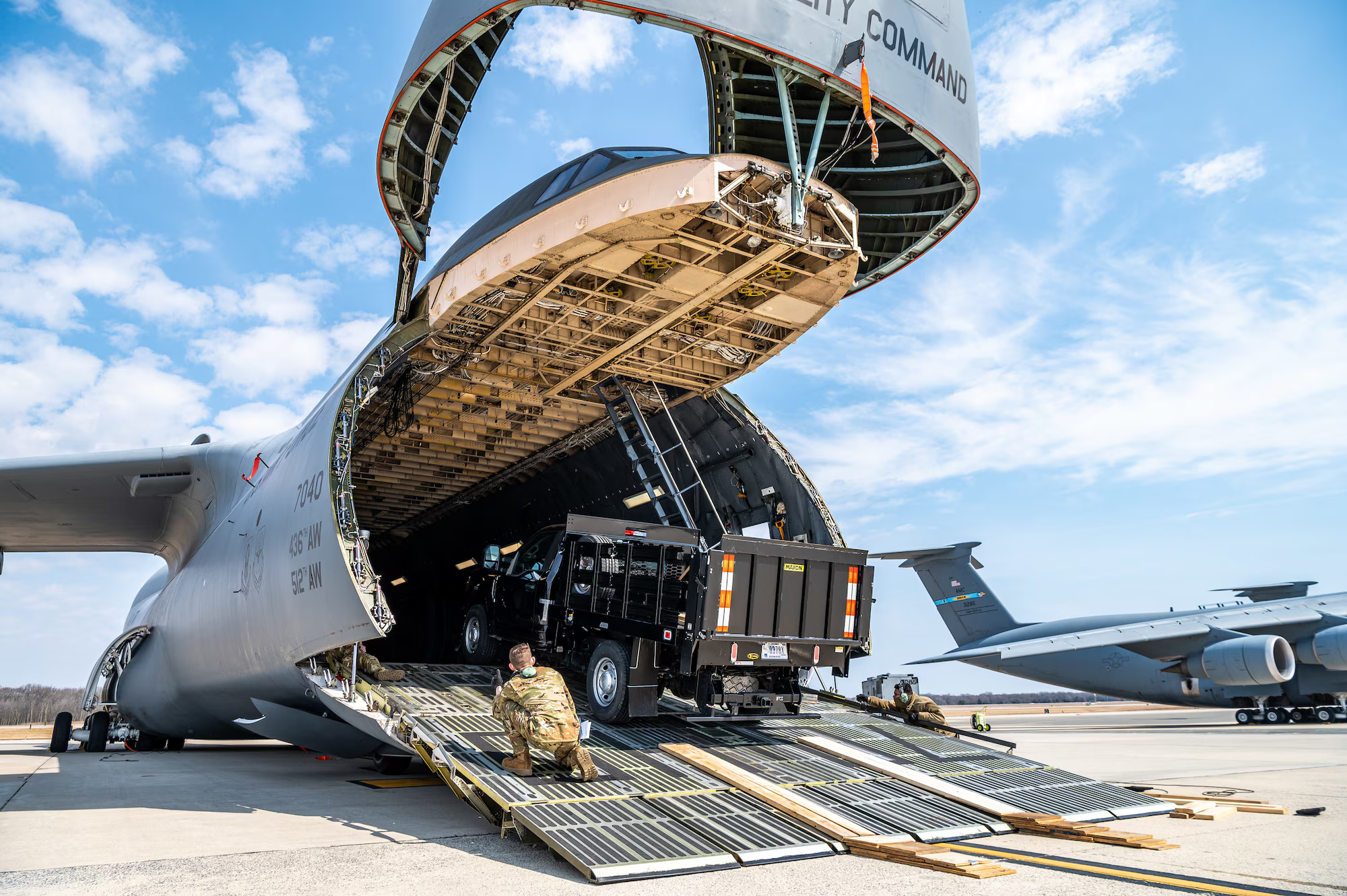Becoming a Certified Loadmaster: Training and Career Path

A loadmaster is a specialist responsible for managing the loading and unloading of cargo on aircraft, ensuring that weight distribution adheres to safe operating parameters. This role is critical in the military and civilian aviation, demanding high expertise and precision. Becoming a certified loadmaster involves specialized training, certification, and a commitment to continuous professional development. This article will explore the educational pathways and certifications necessary to embark on a career as a loadmaster, providing insights into the skills required and the potential career progression in this dynamic field.
Understanding the Role of a Loadmaster
Before discussing the specific training and certification requirements, it’s essential to understand what a loadmaster does and the skills crucial for success in this role. Loadmasters are responsible for ensuring air transport’s safety and efficiency. They calculate aircraft weight, balance configurations, and ensure compliance with legal and operational guidelines. Precision, attention to detail, and strong problem-solving skills are the hallmarks of an effective loadmaster.
Training Requirements
Initial Training: Foundation of a Loadmaster’s Career
The initial step towards becoming a loadmaster is rigorous training that provides theoretical knowledge and practical skills. This training often starts with basic aviation courses offered by aviation schools, followed by specialized loadmaster training programs. These programs cover weight and balance calculation, cargo handling and safety procedures, and emergency response training.
Advanced Simulation and Hands-On Experience
Advanced training involves simulation-based learning and real-world experience under the supervision of experienced loadmasters. These experiences are crucial for developing the ability to handle unexpected situations and make quick decisions under pressure.
Certification Process
Necessary Certifications for Civilian Loadmasters
To work as a civilian loadmaster, candidates must obtain certifications that validate their expertise and adherence to industry standards. These include certifications from aviation bodies such as the Federal Aviation Administration (FAA) in the United States. The exact requirements can vary by country and employer.
Military Certification and Specializations
The military’s certification process can differ significantly. It usually involves completing specific military training programs and passing fitness and aptitude tests. Military loadmasters might also receive additional training to handle hazardous materials or operate in combat zones.
Challenges and Rewards in the Loadmaster Career
Being a loadmaster involves a unique set of challenges and rewards integral to the role. The high-stakes nature of the job demands a meticulous and disciplined approach, as the safety of flight operations heavily relies on the loadmaster’s expertise.
The Pressure of Precision
One of the primary challenges for loadmasters is the requirement for precision in all aspects of their work. Weight distribution and cargo securement accuracy is non-negotiable, as even minor miscalculations can lead to severe consequences. Loadmasters must ensure that all cargo is loaded according to the specific aircraft’s load plan and balanced to maintain the aircraft’s center of gravity within allowable limits. This task requires a strong mathematical background and the ability to apply these skills under time constraints and often stressful conditions.
Adaptability and Problem-Solving
Loadmasters must also be highly adaptable and able to handle various cargo types, from standard containers and pallets to oversized items and hazardous materials. Each cargo type presents its challenges and requires specific handling procedures. Quickly solving problems as they arise, often with limited time and information, is a critical skill for loadmasters.
Rewards of Being a Loadmaster
Despite the challenges, the role of a loadmaster offers significant rewards. The responsibility bestowed upon loadmasters brings a profound sense of accomplishment and pride in their work. Ensuring the safe and efficient loading and unloading of valuable or critical cargo delivers a tangible impact on the success of each mission or flight operation.
Career Diversity and Growth
Another reward is the diversity of experiences available to loadmasters. No two days are the same, and loadmasters may find themselves working on different aircraft types, traveling to various parts of the world, and interacting with a wide range of people. This variety keeps the job interesting and engaging and offers continuous learning opportunities.
Impact on Safety and Operations
Moreover, loadmasters’ critical role in aviation safety cannot be overstated. They are essential in preventing accidents related to cargo loading, which contributes to their sense of professional importance and job satisfaction. Knowing their skills and diligence keep passengers, crew, and cargo safe provides a deep understanding of fulfillment and motivation.
Career Pathways and Progression
Entry-Level Positions
Starting a career as a loadmaster typically involves entry-level positions, where one might assist senior loadmasters and gradually take on more responsibilities. This phase is crucial for gaining experience and demonstrating capability in handling complex loading operations.
Career Advancement Opportunities
As loadmasters gain experience, they can advance to senior roles, taking on leadership responsibilities, training new loadmasters, or specializing in specific types of aircraft or operations. Some experienced loadmasters transition into related aviation roles, such as operations management, offering broader career opportunities.
Continuous Professional Development
Loadmasters must engage in continuous professional development to excel and progress in their careers. This might include attending workshops, undergoing periodic re-certification, and staying updated with the latest aviation technologies and regulations.
Conclusion
Becoming a certified loadmaster is demanding but rewarding, offering unique challenges and opportunities in the aviation sector. Through dedicated training, obtaining the necessary certifications, and committing to ongoing professional development, individuals can build a successful career as loadmasters, ensuring the safety and efficiency of air transport operations worldwide. A loadmaster career can take off with the right foundation and a commitment to excellence.